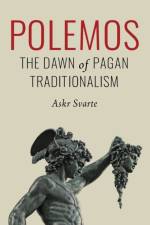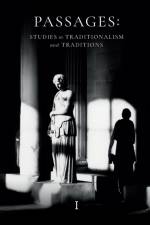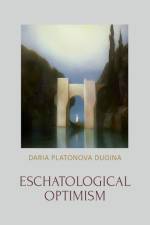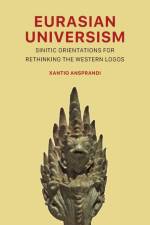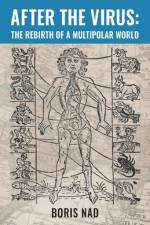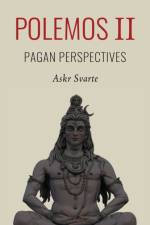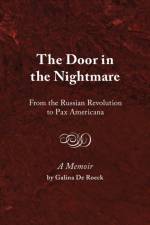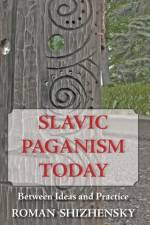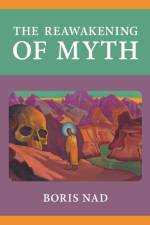av Evgeny Nechkasov
465,-
An eventful century has passed since the writings, activities, and networks of René Guénon (1886-1951), Ananda Coomaraswamy (1877-1947), Julius Evola (1898-1974), and Frithjof Schuon (1907-1998) initiated what has come to be known as Traditionalism. Within recent decades, unprecedented attention has been drawn to Traditionalism and Traditionalists, both historical and contemporary, in nearly all possibly categorizable spheres: philosophy, religion, esotericism, politics, literature, art, academia, etc. The legacy of the intellectual current that began with Guénon in interwar France has been continually (re)discovered in diverse domains and forms around the world, and a growing literature has yielded various interpretations of the Traditionalist constellation of ideas, figures, works, influences, intersections, and polemics. In the 21st century, Traditionalists as well as scholars of Traditionalism find themselves at a crossroads of reflection on original, essential questions: What, who, and where is Traditionalism? What does Traditionalism mean? Is Traditionalism a phenomenon of the past, an understanding or misnomer of the present, or part of the future? What is the relationship between Traditionalism and the central notion from which it derives its name: Tradition? Passages: Studies in Traditionalism and Traditions is a hermeneutic agora for perspectives and studies on and in Traditionalism and Traditions.

